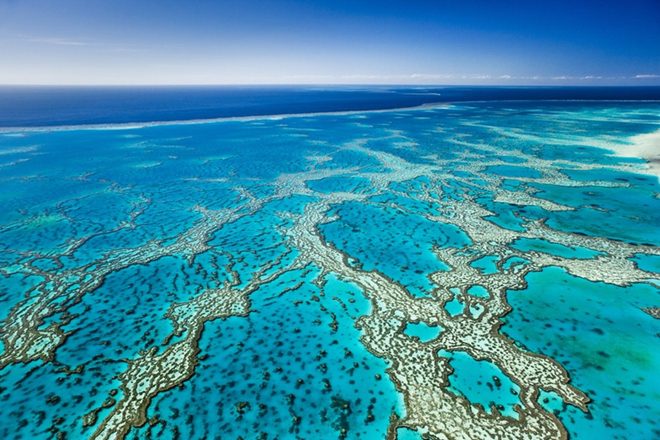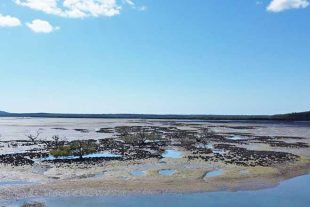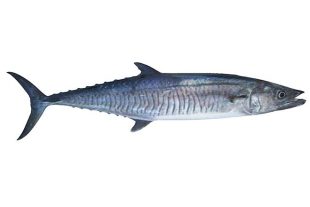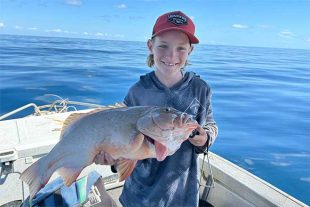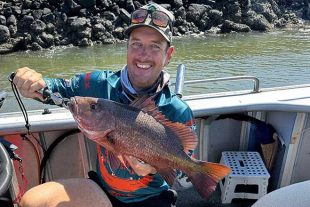WITH thousands of people enjoying the Great Barrier Reef during the summer holidays, visitors are reminded to follow responsible Reef practices and be Reef smart when out on the water or visiting islands.
Great Barrier Reef Marine Park Authority Reef Protection acting general manager Belinda Jago said enjoying different activities and experiences throughout the iconic World Heritage Area needed to be in a ‘reef smart’ way, for both the safety of visitors and protection of the unique environment.
“Just like the rules around feeding any wildlife on the land, it’s really important not to feed wildlife in the ocean, which includes discarding food scraps overboard,” Ms Jago said. “Feeding fish to lure them closer to view, or take photos, changes behaviour and can attract larger animals and have unintended consequences that can impact other marine parks visitors. It’s important to realise your behaviour — whether it’s for convenience or entertainment — can have serious consequences for other marine parks visitors, and the ongoing health of the Reef and its wildlife. Everyone has a responsibility to understand the rules and Be Reef Smart.”
Warning signs will be installed at North West Island this week advising visitors about the recent lemon shark incidents and reiterating the importance of not feeding fish in the lagoon area.
Queensland Parks and Wildlife Service Southern Great Barrier Reef principal ranger Dave Orgill said there is existing educational signage at the North West Island campgrounds reminding visitors to minimise the risk of attracting sharks by not dumping fish scraps near the island.
“We’ve also had reports people are not only feeding the sharks, but also trying to touch them and interact with them,” Mr Orgill said. “For your own safety and the safety of others, we are reiterating: do not touch or feed the wildlife. We would like this island to remain a place where families can go and enjoy the magic of the southern Great Barrier Reef.”
Other ways that marine parks visitors can help protect the Reef include not anchoring on coral (finding sand or a public mooring), following the zoning rules, and keeping a safe distance from whales and dolphins. A full guide about how to Be Reef Smart can be found at gbrmpa.gov.au/access-and-use/responsible-reef-practices
 Bush ‘n Beach Fishing Magazine Location reports & tips for fishing, boating, camping, kayaking, 4WDing in Queensland and Northern NSW
Bush ‘n Beach Fishing Magazine Location reports & tips for fishing, boating, camping, kayaking, 4WDing in Queensland and Northern NSW

